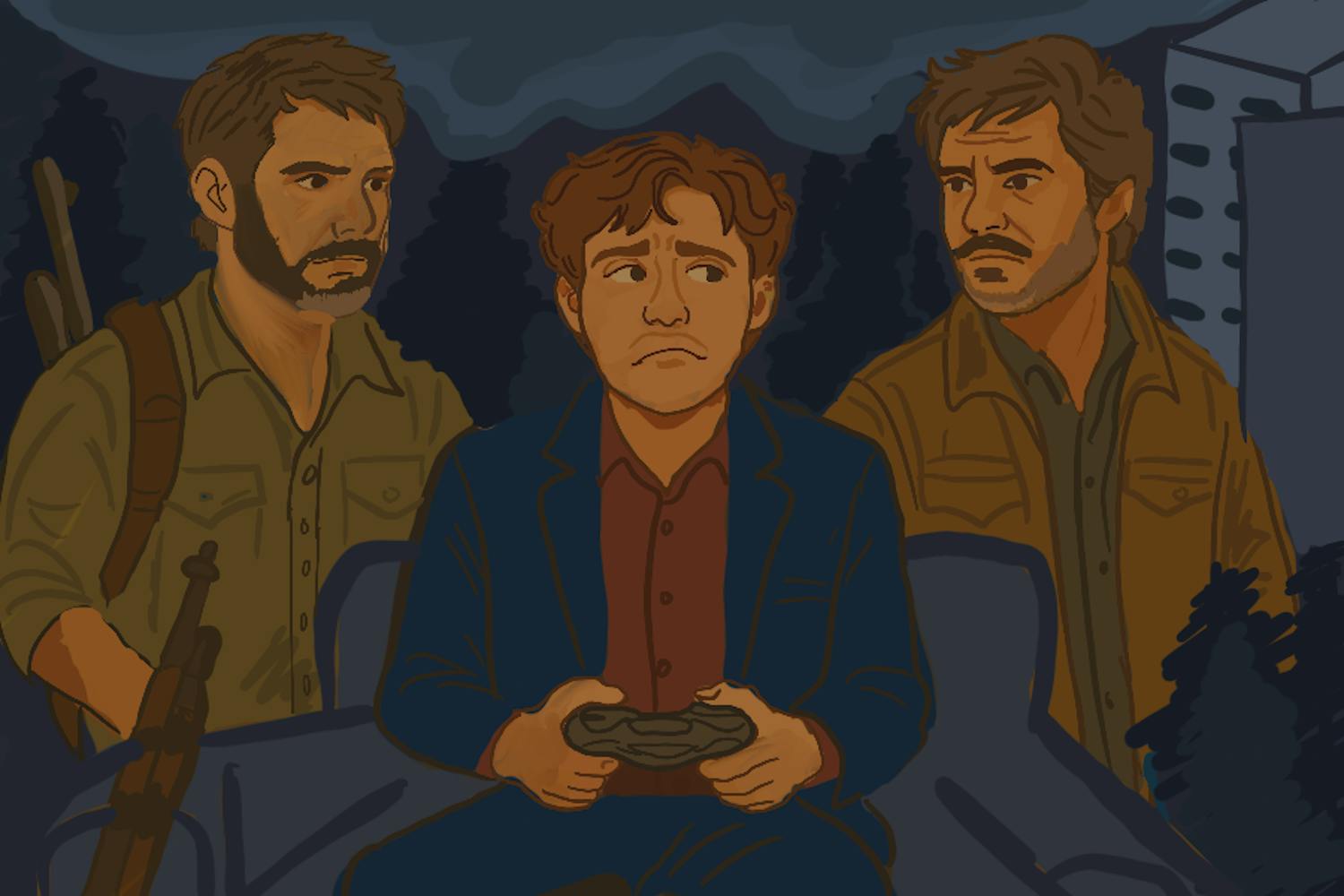Recently, I was with some friends and their children. One of the children was playing "LEGO Battles," a strategy game for the Nintendo DS. He was excitedly telling me about all the things he had to do to beat the level he was playing. Strategy games are fairly complex, and I was impressed with the child's ability to grasp all of the concepts and implement them simultaneously.
The child's mother (my friend) came in to find him playing video games and asked if he had a book to read, as they had an agreement that he was to read 40 minutes per day. He said he didn't. The mother scolded him, saying that she didn't want him spending all of his time playing video games. She took his Nintendo DS away and made him sit down and read a book that happened to be lying around. He kept saying it was boring and the book wasn't even his. The child read, but he didn't enjoy it. He was even a little bit angry about it.
I'm not a parent. I have no idea what was really going on in this family's life. But it makes me sad to see a child have such negative feelings about reading, seemingly because he is being forced into doing it.
While many parents are understandably concerned about their children over-consuming media such as video games and television and not spending enough time on the art of reading, taking away things they enjoy to force them to read will only make them dislike reading more.
Children should be encouraged to read the things they enjoy. Reading is an art, an art that takes practice and must be constantly improved upon. Like all art, one must enjoy reading to joyfully pursue it. What makes literature great is that there is so much of it — a nearly infinite variety of stories to suit every taste from "Captain Underpants" to "Fifty Shades of Grey," from "The Name of the Wind" to "The Lord of the Rings." (Note: Children should not read "Fifty Shades of Grey.")
If a child doesn't have something enjoyable to read on hand, then let them play video games until they do have something enjoyable to read. As long as the child gets that 30 minutes of reading in per day, does it really matter if they do it after breakfast or before bed? The important thing is that they are doing it, period.
Furthermore, video games actually encourage development in children. While games such as "Call of Duty" are fairly simplistic and don't advance the user in any way, games like "LEGO Battles" are complex and require strong reading comprehension to understand. They also teach multitasking and goal-achievement, as well as hand-eye coordination.
It's of vital importance that parents encourage their children to read. Sometimes that means forcing them into it, but parents should strive at every turn to make the experience of reading exciting and enjoyable, and not something a child has to do just because. Parents should also consider whether what their child is doing instead of reading is helping or hindering their growth as a person. In the case of video games, it can often be the former.
Reach the columnist at svshacke@asu.edu or follow him on Twitter @sirshackofford
Editor’s note: The opinions presented in this column are the author’s and do not imply any endorsement from The State Press or its editors.
Want to join the conversation? Send an email to opiniondesk.statepress@gmail.com. Keep letters under 300 words and be sure to include your university affiliation. Anonymity will not be granted.



